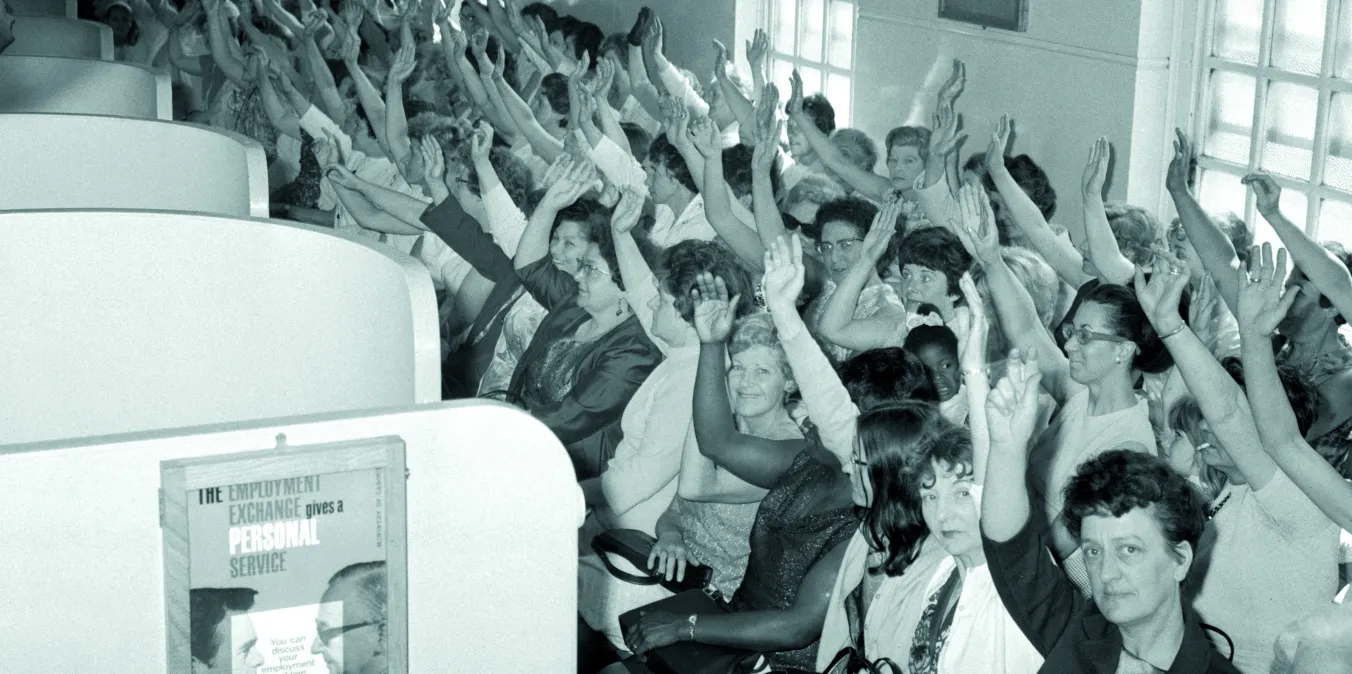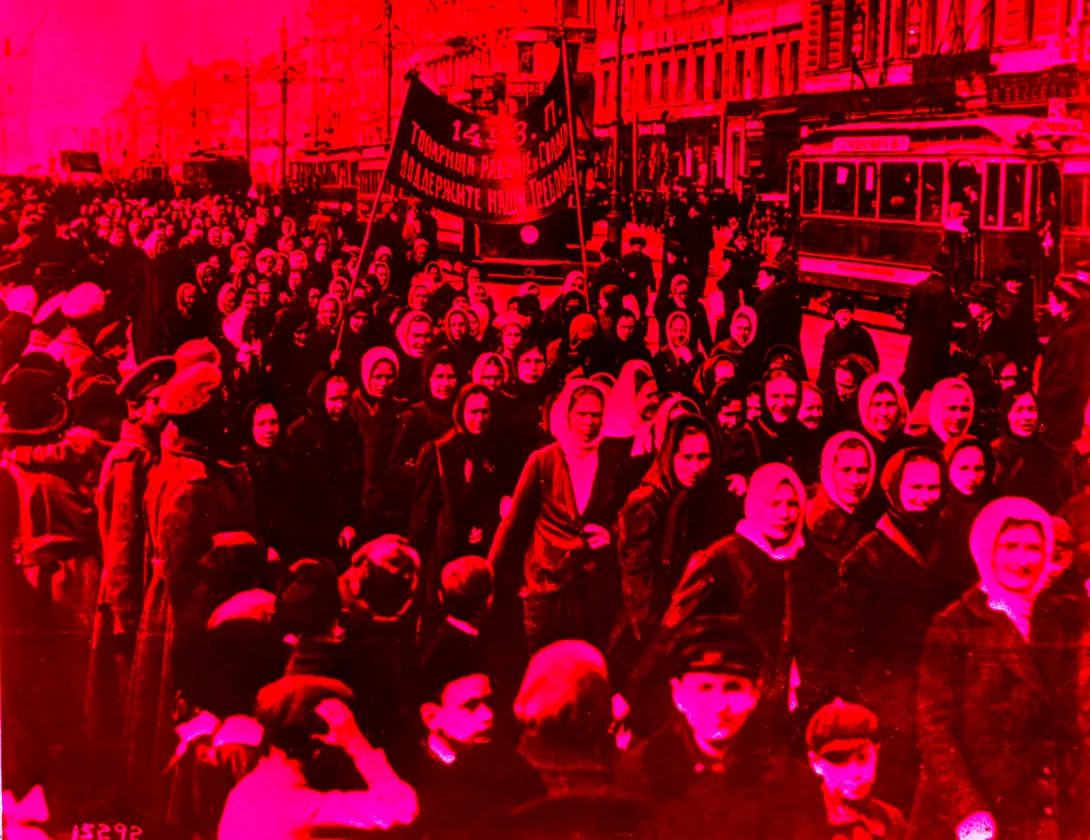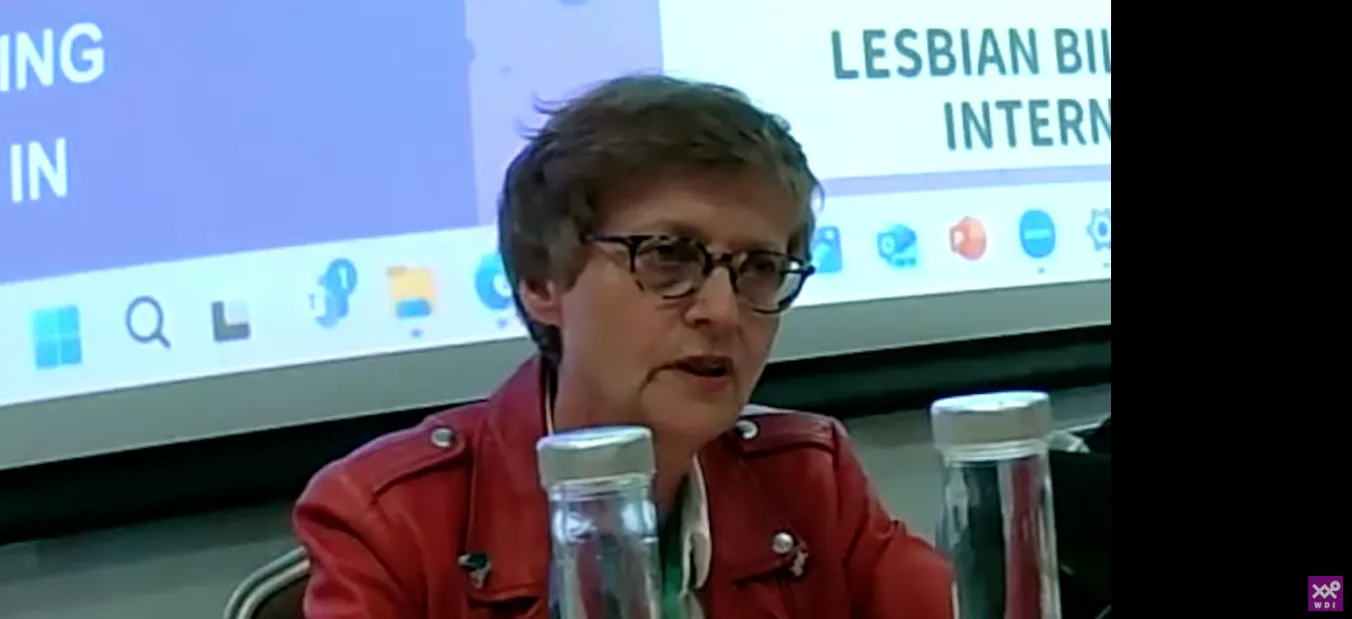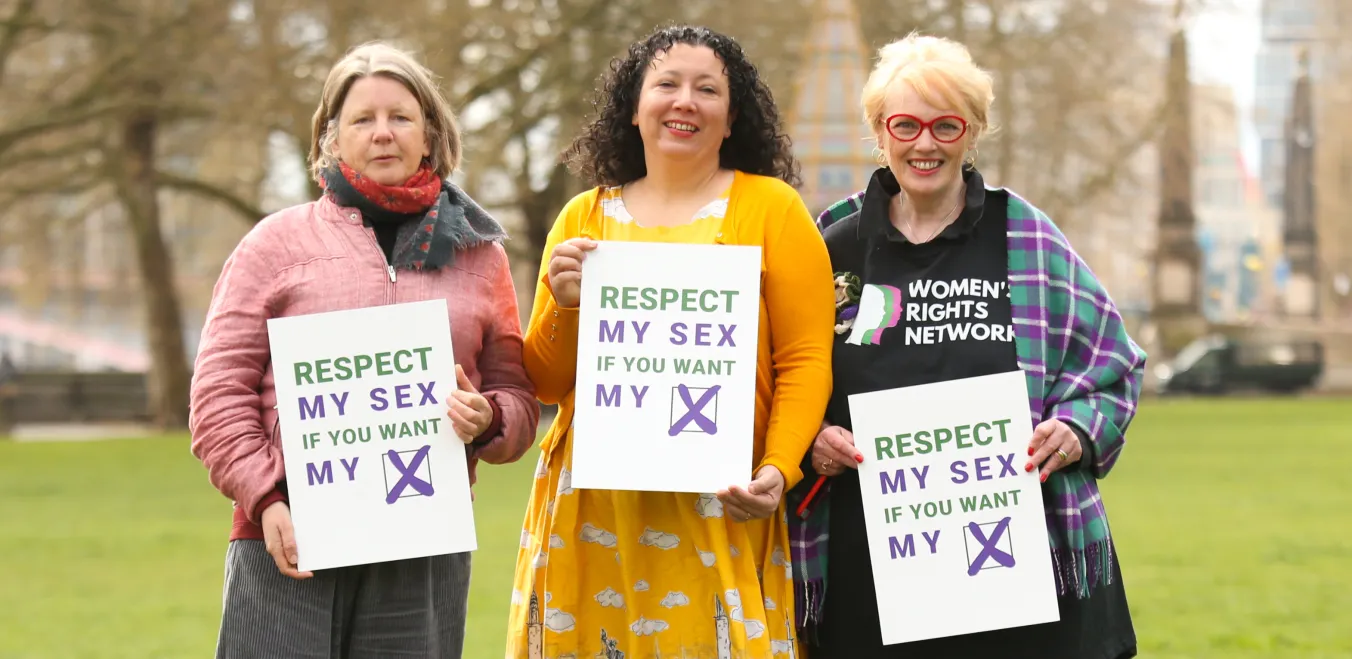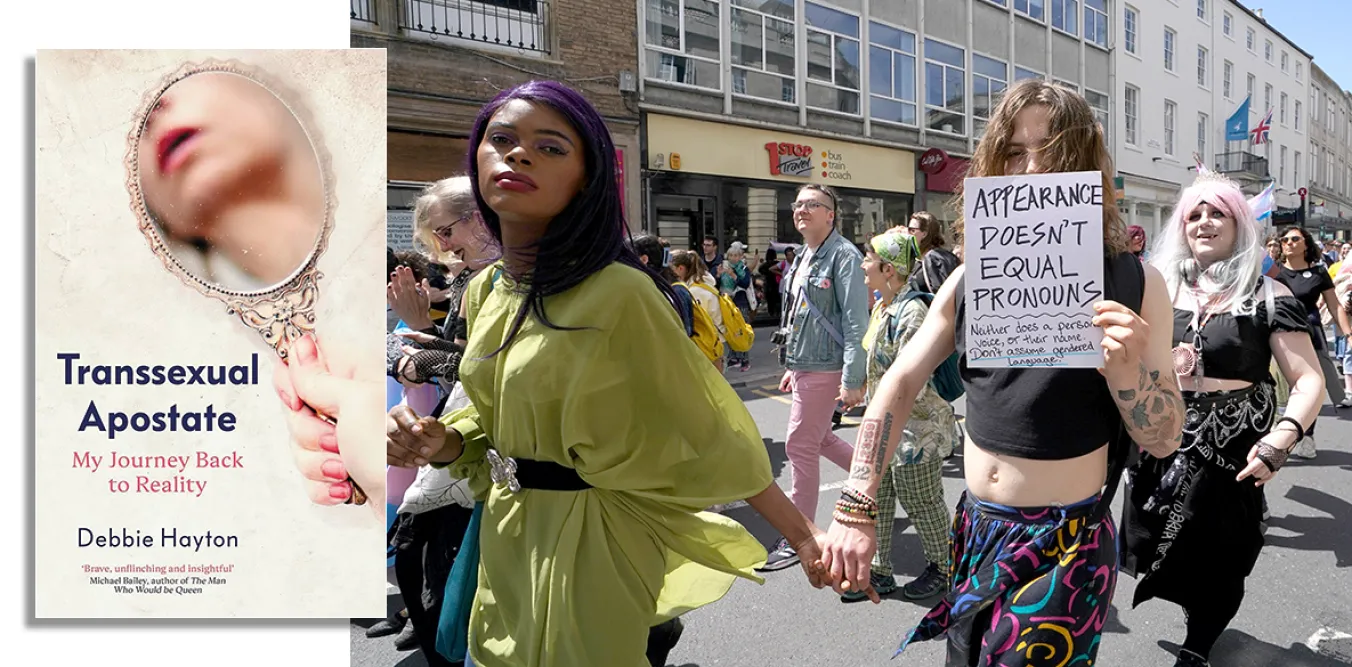
Transsexual Apostate: My Journey Back to Reality
Debbie Hayton, Swift Press, £16.99
DEBBIE HAYTON has been a prominent figure in the fraught debates about gender identity that have permeated British society over the last few years. In this book, Hayton provides a fascinating insight into his own experience as a transsexual male and a clear-sighted appraisal of the social consequences of allowing people, particularly men, to change their sex in law.
Growing up, Hayton attests to feeling different, wanting to be a girl and, bizarrely, coveting his mother’s tights. For years, Hayton secretly hoarded and then threw away items of female clothing, engendering both shame and confusion. Hayton describes the act of repression this involved as akin to keeping a beach ball below water.
Hayton never doubted that he was a heterosexual male and at university he met and married Stephanie, a fellow physicist. Initially, Hayton didn’t discuss his condition with Stephanie and the couple had three children together. However, by his mid-40s the desire to transition became overwhelming and he finally told Stephanie.


